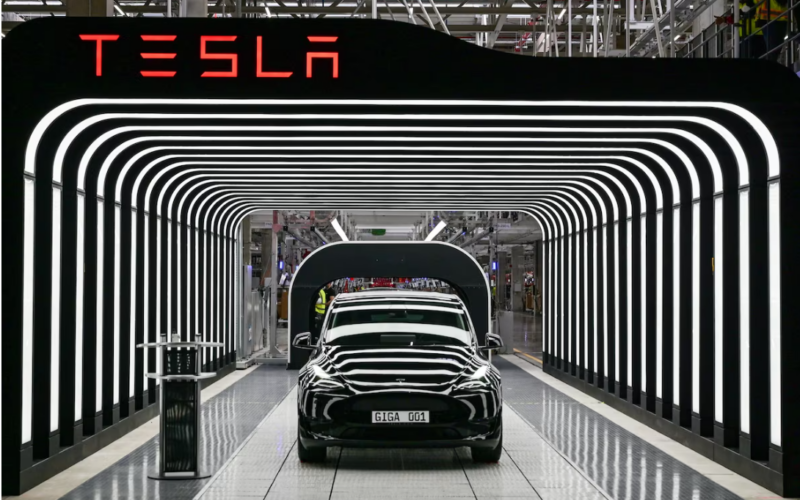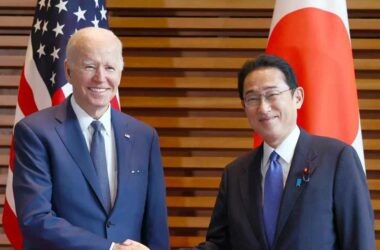Tesla has made the decision to cancel its long-anticipated affordable car, a move that investors had been banking on to drive its expansion into a mass-market automaker, according to multiple sources familiar with the matter and internal communications reviewed by Reuters. Instead, the company will focus on developing self-driving robotaxis using the same small-vehicle platform, marking a departure from CEO Elon Musk’s previous commitment to creating affordable electric vehicles accessible to the masses, as outlined in the company’s initial “master plan” in 2006.
This decision represents a significant shift away from Tesla’s longstanding goal of producing affordable electric cars, a vision that Musk has frequently emphasized to investors and consumers alike. Despite earlier assurances of starting production of the affordable model at its Texas factory in the second half of 2025, Tesla’s latest move indicates a reevaluation of its strategic direction in the face of mounting competition from Chinese electric vehicle manufacturers offering vehicles priced as low as $10,000.
The cancellation of the entry-level vehicle, often referred to as the Model 2, underscores the challenges Tesla faces in achieving profitability in the lower-priced segment, particularly amidst the rapid expansion of Chinese electric vehicle offerings. While the company’s timeline and business model for robotaxis remain unclear, Musk has consistently touted self-driving taxis as the future of mobility, envisioning a landscape where autonomous vehicles dominate transportation.
Tesla’s decision to abandon its affordable car project comes amid a backdrop of slowing electric vehicle demand growth in traditional markets and intensified competition, particularly in China. Despite Tesla’s market dominance and ambitious sales targets, the company’s late entry into the low-cost vehicle segment has posed significant challenges, exacerbated by manufacturing issues and delays with its experimental Cybertruck.
While Tesla’s pivot away from the affordable car project may signal a shift in its strategic priorities, the company’s future trajectory remains uncertain as it navigates an increasingly competitive landscape and strives to realize Musk’s ambitious vision for mass-market electric vehicle adoption.








